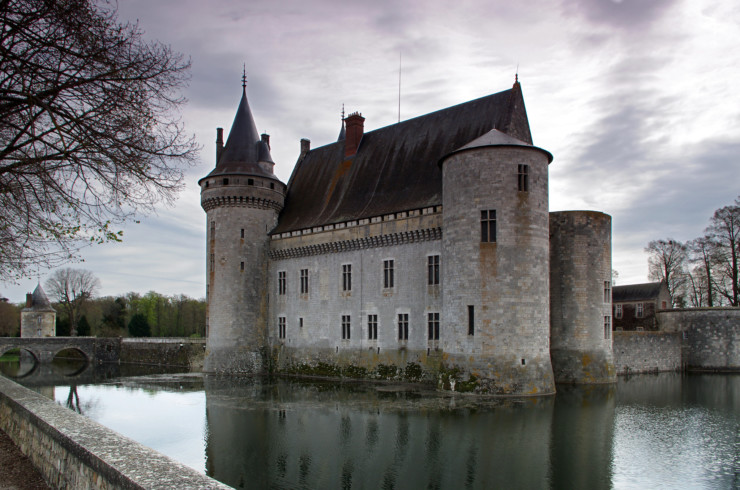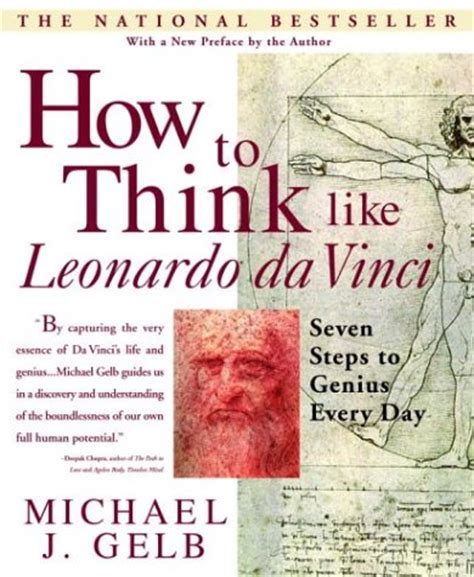This morning I googled “Renaissance” and came eyeball to six-pack and private parts with, well, the Statue of David on Wikipedia. (I always refer to the parts as belonging to the statue, not to David, since he is not available to grant affirmative consent.) It was awkward.
For a long time I’ve told myself I got a pretty decent English education: I read some Shakespeare every year of high school (Out, damned spot! out, I say!), learned the difference between a sonnet and a short story (Remember: one of them has 14 lines, the other probably has more), and still experience the occasional late-night visitation from Miss Havisham offering a slice of wedding cake (Love her, love her, love her!).
It seems I may not have been in class the day Mrs. Hooper introduced the idea of The Renaissance. (I was on the debate team and I wasn’t in class a lot of days.) Prior to encountering the statue of David’s parts on Wikipedia, my knowledge of the subject was limited to a nascent awareness of Renaissance festivals. But I’ve never been; what little I know of large bosomed women in corsets or men waving giant spit-roasted turkey legs around with grease dripping into their full beards is secondhand. It is possible, I suppose, one could say my knowledge of The Renaissance is positively medieval.
Tonight, I learned that the word Renaissance is a combination of French words: renaître (“to revive”) and naissance (“birth”). The Italians, not to be outdone, call it rinascimento. Michael Gelb writes in How to Think Like Leonardo da Vinci: Seven Steps to Genius Every Day that the Renaissance followed a period of a thousand years or so in which “European accomplishments in the realms of science and exploration were negligible.” Thanks to the Black Plague, among other minor events, a new interest in intellectual pursuits surged, leading to the period of the Renaissance, which heralded the rebirth of “the ideal of human power and potentiality.”
I still don’t know much about the Renaissance, though I’m quite sure it was an improvement on the Black Plague. But Michael Gelb does know, and he also believes that one of the bright lights of that era, Leonardo da Vinci, can serve as a guide for us in our own personal renaissance. He asks the question:
Can the fundamentals of Leonardo’s approach to learning and the cultivation of intelligence be abstracted and applied to inspire and guide us toward the realization of our own full potential?
Of course, my answer to this question is: Yes! The essential elements of Leonardo da Vinci’s approach to learning and the cultivation of intelligence are quite clear and can be studied, emulated and applied.
Is it hubris to imagine that we can learn to be like the greatest of all geniuses? Perhaps. It’s better to think of his example guiding us to be more of what we truly are.
Join us as we spend a few weeks reading How to Think Like Leonardo da Vinci together. We’ll start with Part One on May 16, and see where things go from there.
Buy How to Think Like Leonardo da Vinci
Photo by Daniel Jolivet, Creative Commons via Flickr. Post by Will Willingham.
- Earth Song Poem Featured on The Slowdown!—Birds in Home Depot - February 7, 2023
- The Rapping in the Attic—Happy Holidays Fun Video! - December 21, 2022
- Video: Earth Song: A Nature Poems Experience—Enchanting! - December 6, 2022


Sandra Heska King says
Hey! I’ve got this book! It’s all marked up. I took that workshop with Kathryn Neel. It will be fun to renew my affair with Leo.
Sandra Heska King says
Also, I’ve got first-hand knowledge of one of those festivals. You pretty much nailed it.
LW Willingham says
I had actually forgotten we’d done that workshop. So glad you enjoyed it and the book. Looking forward to some discoveries (that do not involve festivals). 🙂
L.L. Barkat says
This totally made me laugh. (I do believe that is some kind of talent, when talking about dusty history. 🙂 )
Especially loved:
“one of them has 14 lines, the other probably has more”
“one could say my knowledge of The Renaissance is positively medieval”
and, of course, that bit about the Black Plague.
Looking forward to this book club!
Kathryn Neel says
The Codex Atlanticus is now available online. Go to codex-atlanticus.it, scroll to the bottom and in the right lower corner click on EN (for English). This is the largest collection of Leonardo notebooks that have been digitized.